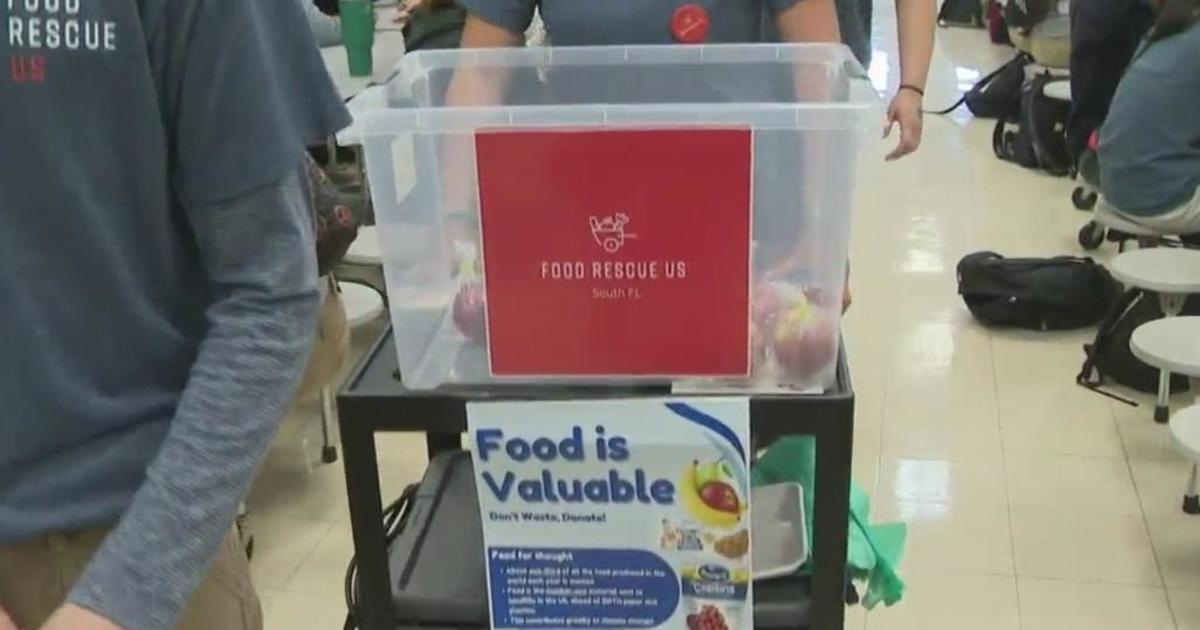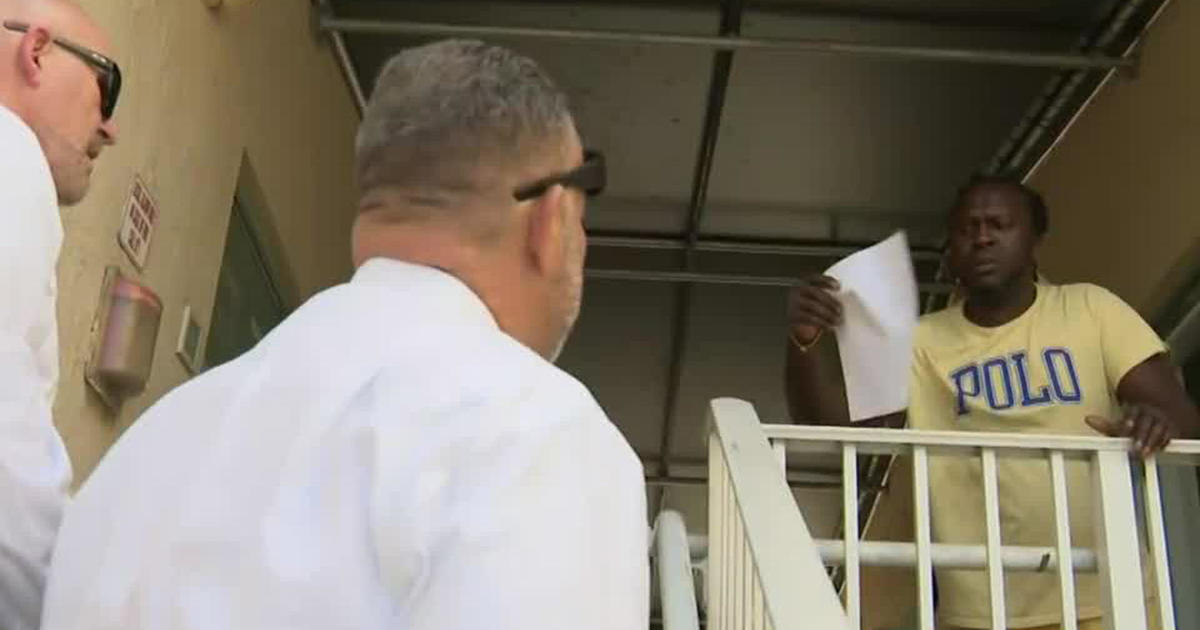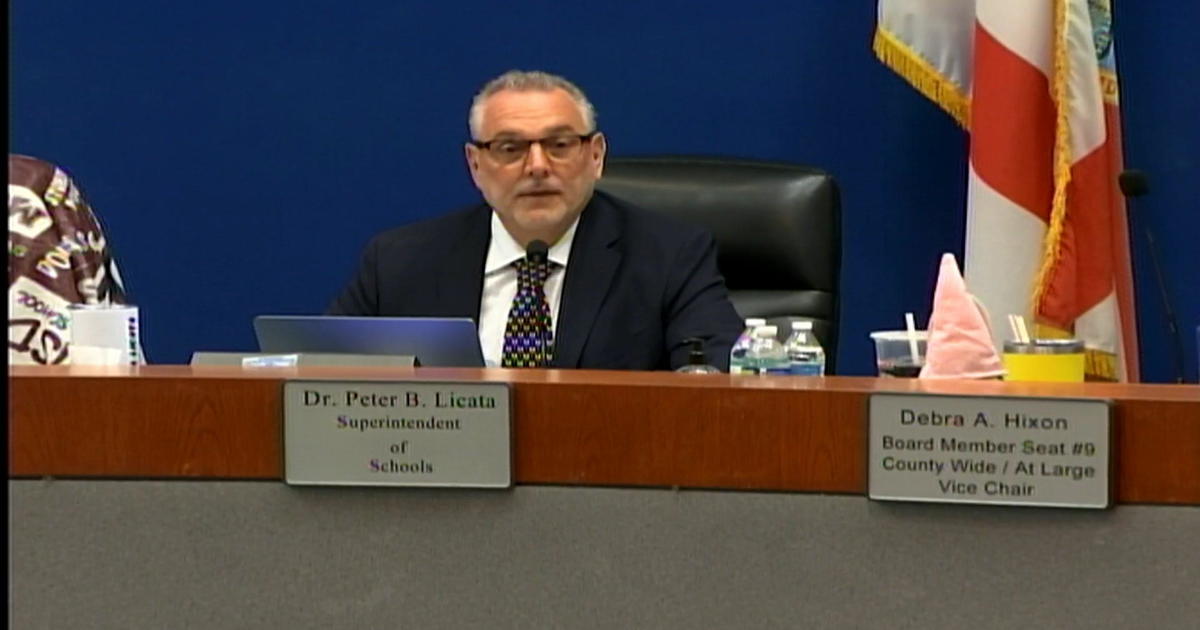UM Denies Keeping Patients In Study In Dark
MIAMI (CBSMiami) - The University of Miami has denied failing to fully inform parents of dangers associated with research using their prematurely born children. The denial comes after federal regulators blasted a research program dealing with "preemie" babies.
UM was among 23 medical schools across the country, including Stanford, Duke and Yale, that participated in a study aimed at weighing the effects of low dose and high dose oxygen treatments for children born extremely prematurely.
The study was lead by researchers at the University of Alabama at Birmingham (UAB).
In a blistering letter, the U.S. Department of Health and Human Services said the researchers did not inform parents that low dose oxygen treatment can increase the chances of brain damage or death in premature infants, and that high doses of oxygen can cause blindness.
Researchers knew going in, the government said, that the study could influence "whether an infant survived or developed blindness...in comparison to a child that had not been enrolled in the study."
Dr. Luis Roca, a South Miami Obstetrician, said the study apparently violated the primary tenet of medicine.
"'Do no harm' is the first thing you're taught in medical school," Roca told CBS4 News. "Whenever you sign up for one of these studies, they should tell you what it is that you are potentially going to be exposed to."
Roca said patients should ask lots of questions before participating in a clinical trial, but acknowleged that parents with critically ill, prematurely born children can be easily influenced in a time of crisis.
Brooke Weinrub, an expectant mother, was aghast to hear of the research gaffe.
"I think it's sad," Weinrub said. "I think it's really very scary that they wouldn't give full disclosure to these people."
UM's medical school pleaded not guilty Thursday. The school issued a statement saying in part, "Patients and families are always carefully instructed of any known risk that might be involved in research, and they were in this case."
James Bakken, a spokesperson for UAB, said all the schools participating in the preemie study signed off on a common consent form for parents to sign, but said some may have later amended the form.
UM refused to release a copy of the form it provided to parents in the study.
The school has a program in research ethics, but refused to make the director of the ethics program available for an interview.
The preemie research was conducted over four years and published in the New England Journal of Medicine in 2010.
UAB said the study provided valuable information to physicians treating premature babies, and noted that fewer children in the study died than do among premature babies in general.
The university said it will strive to ensure that any future consent form "clearly delineates risks" involved.



